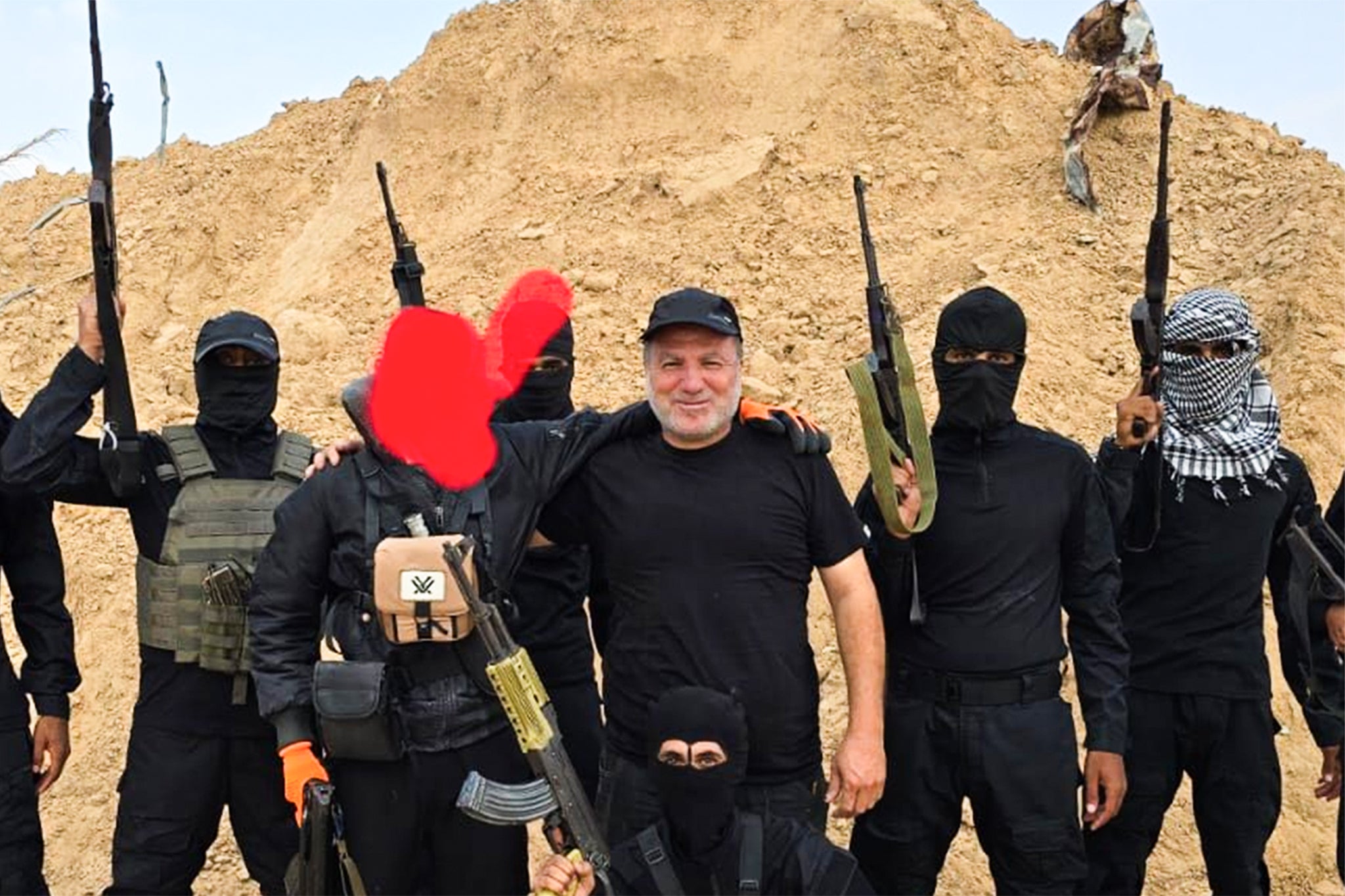Arab states will object if they are asked to “enforce” a ceasefire under Donald Trump’s peace plan for Gaza, King Abdullah of Jordan has said.
US secretary of state Marco Rubio has said that President Trump’s peace plan in Gaza would involve an international force of 5,000 soldiers, which he hoped could be deployed quickly.
But in an interview with BBC Panorama, King Abdullah questioned what role international troops would play in the Strip - and whether it would be peacekeeping or an alignment with the Israeli military.
“What is the mandate of security forces inside of Gaza? And we hope that it is peacekeeping, because if it’s peace enforcing, nobody will want to touch that,” he said.
“Peacekeeping is that you’re sitting there supporting the local police force, the Palestinians, which Jordan and Egypt are willing to train in large numbers, but that takes time.
“If we’re running around Gaza on patrol with weapons, that’s not a situation that any country would like to get involved in.”
As part of the ceasefire agreement, Hamas have been ordered by Washington to relinquish power and disarm. However, while the militant group said it would stop controlling the region, it has been involved in recent bouts of violence and refused to give up its weapons.
Another issue with the Trump’s peace plan is that Arab and Muslim states want the Palestinian Authority to contribute to peacekeeping in Gaza, but Israel has ruled out allowing the group back in the region.

The involvement of Turkish troops has also been opposed as an option by the Israeli government, according to reports in The Times.
On Sunday, Israeli President Benjamin Netanyahu said the countries allowed to participate in the force would be decided soon, claiming Israel would be given power to deem which are “unacceptable”.
An in-depth analysis by The Independent has laid bare the factional tensions in Gaza as militants fight over control of the destroyed strip.
Palestinian militiamen from separate groups called Popular Forces and Counter-Terrorism Strike Force are two of the factions set up since October 2023. They have since been accused of being armed, funded or supported by Israel.

These groups are currently located in the “yellow” zone, an area Israeli forces withdrew to as part of the peace deal. It makes up more than half of the Strip.
The groups deny collaborating with Israel, instead arguing they are coordinating to maintain a presence behind their lines.
Abu Awad, a commander and spokesperson for Popular Forces said the era of Hamas was coming to an end.
“We are the sons of Gaza, and young men against Hamas; now is the time to cleanse Hamas from Gaza,” he said.
Hossam al-Astal who is running the Counter-Terrorism Strike Force said separately that Hamas was not going to be around for much longer.
“Today, we’re the ones who are there with credibility,” he says. “We are determined and capable. In the near future, it will be us, not Hamas.”







